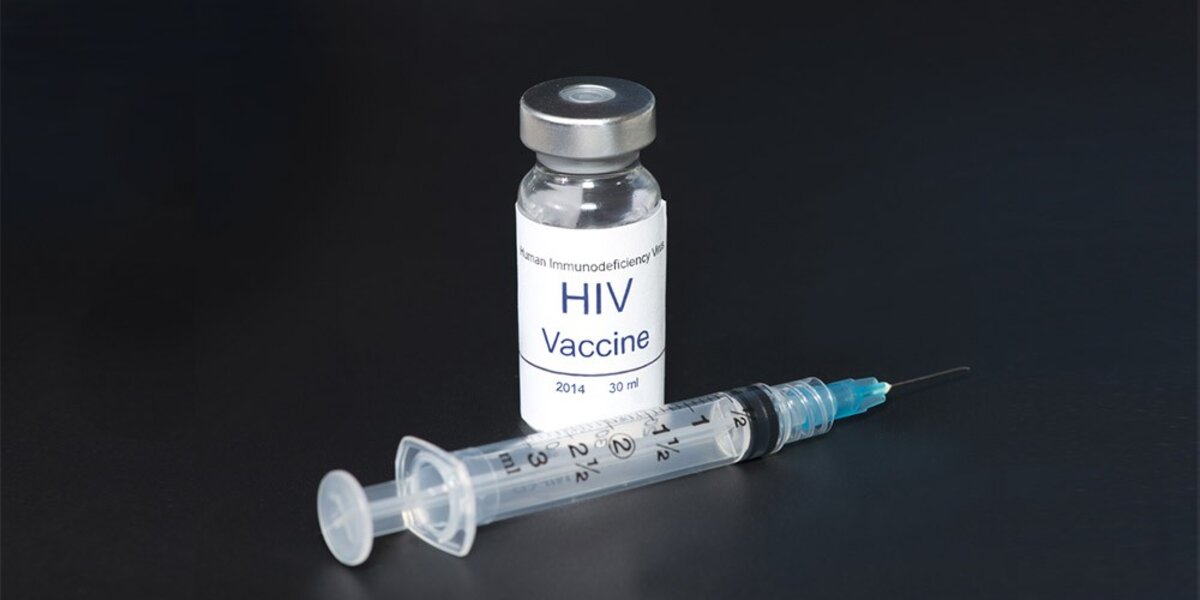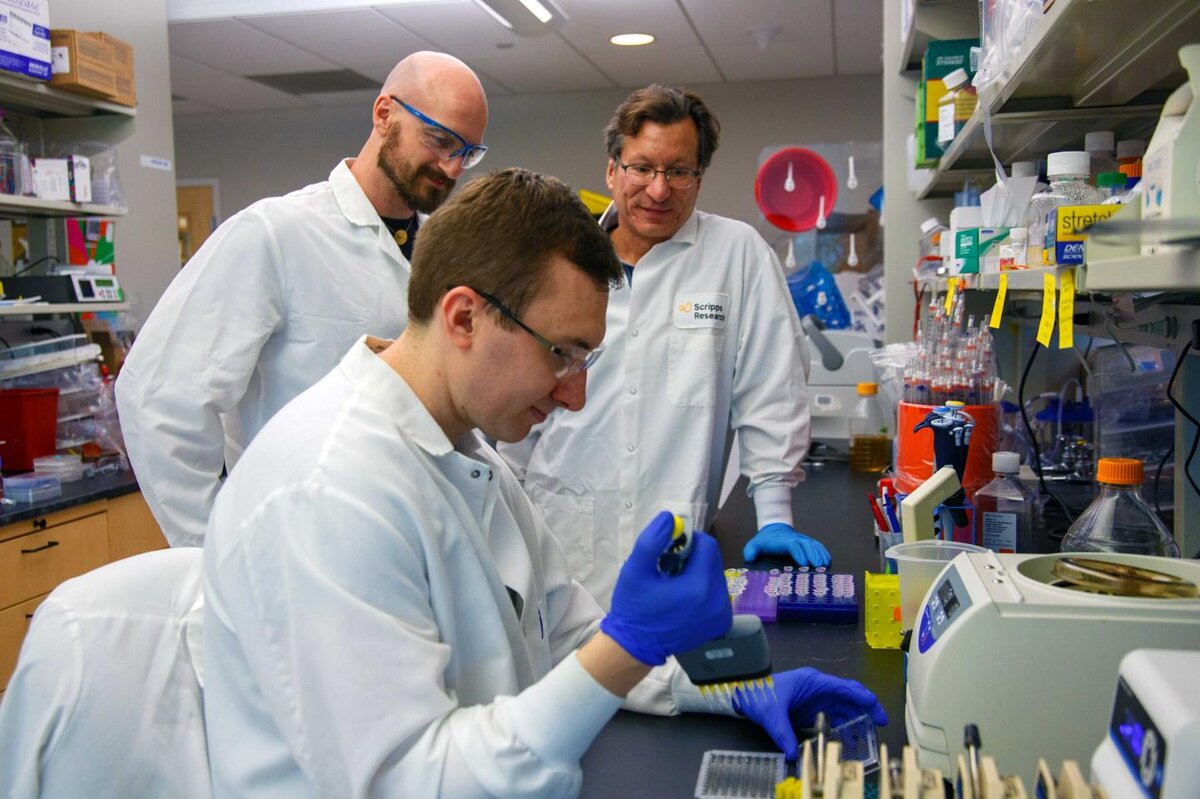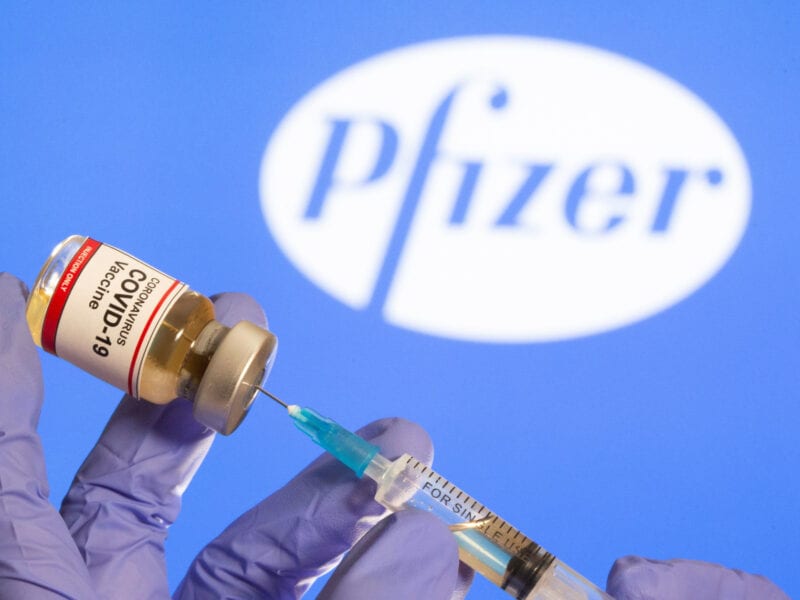
Could an HIV vaccine be coming soon? Discover the trials saying “maybe”
Considering just how drastic HIV and other viral diseases have proven to be in our history, it seems that a vaccine for the prevention of HIV has been an invention that has been long overdue. However, things are finally starting to look up as IAVI and Scripps Research reported that a novel vaccine approach for preventing HIV has shown some promise in Phase one trials. Read all about the promising details here.

An HIV vaccine on the horizon?
So just how promising is this potential HIV vaccine, and when can we expect one available for the general public? European Pharmaceutical Review reported that Dr. Julie McElrath, one of the leading investigators of the trial and the senior VP & director of Fred Hutch’s Vaccine and Infectious Disease Division, confirmed that the trial was “a landmark study in the HIV vaccine field”.
Dr. Julie McElrath also added that the beginning trial had shown “success in the first step of a pathway to induce broad neutralising antibodies against HIV-1”. European Pharmaceutical Review announced that “The vaccine was able to target the desired immune cells and could become the first stage of a multi-step vaccine strategy to combat HIV and various other viral diseases”.
According to IAVI and Scripps Research, the organizations announced that the first phase of trials proved the vaccine could successfully help create the production of the very rare immune cells that are necessary in generating antibodies against HIV in ninety-seven of the trial’s participants.

The trial
Forty-eight healthy adults received either a placebo or two doses of the vaccine compound titled eOD-GT8 60mer during the Phase one IAVI G001 trial, as well as an adjuvant created by the GlaxoSmithKline, according to European Pharmaceutical Review. Dr. William Schief presented the results of the trial at the International AIDS Society HIV Research for Prevention virtual conference on February 3rd.
Schief explained that the HIV vaccine was created for being an immune primer, with the intent to activate B cells through a process called germline-targeting, since the first step in a multi-step vaccine is to start the production of various neutralizing antibodies, or bnAbs. Once bnAbs are stimulated, it is hoped that the blood proteins will attach to HIV surface proteins, or spikes, and disable them.
Dr. William Schief, who is a professor & immunologist at Scripps Research as well as the executive director of vaccine design at IAVI’s Neutralizing Antibody Center who developed the vaccine, reported: “We and others postulated many years ago that in order to induce bnAbs, you must start the process by triggering the right B cells – cells that have special properties giving them potential to develop into bnAb-secreting cells”.

“In this trial, the targeted cells were only about one in a million of all naïve B cells. To get the right antibody response, we first need to prime the right B cells. The data from this trial affirms the ability of the vaccine immunogen to do this”.

A step in the right direction
Dr. Schief proceeded to state his high hopes for the HIV vaccine, saying that “This study demonstrates proof of principle for a new vaccine concept for HIV, a concept that could be applied to other pathogens as well. With our many collaborators on the study team, we showed that vaccines can be designed to stimulate rare immune cells with specific properties and this targeted stimulation can be very efficient in humans”.
“We believe this approach will be key to making an HIV vaccine and possibly important for making vaccines against other pathogens”, Dr. Schief added. The company has also already planned additional clinical trials to ensure a safe & effective vaccine.
European Pharmaceutical Review announced that “collaborators are partnering with the biotechnology company Moderna to develop and test an mRNA-based vaccine that harnesses the approach to produce the same beneficial immune cells”, and added that using mRNA tech “could significantly accelerate the pace of HIV vaccine development, as it did with vaccines for COVID-19”.






